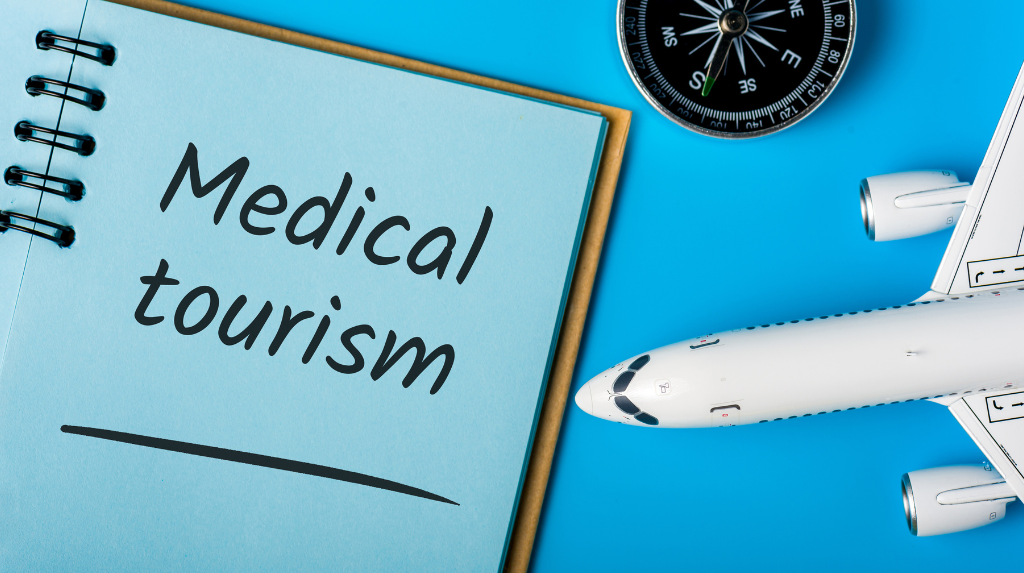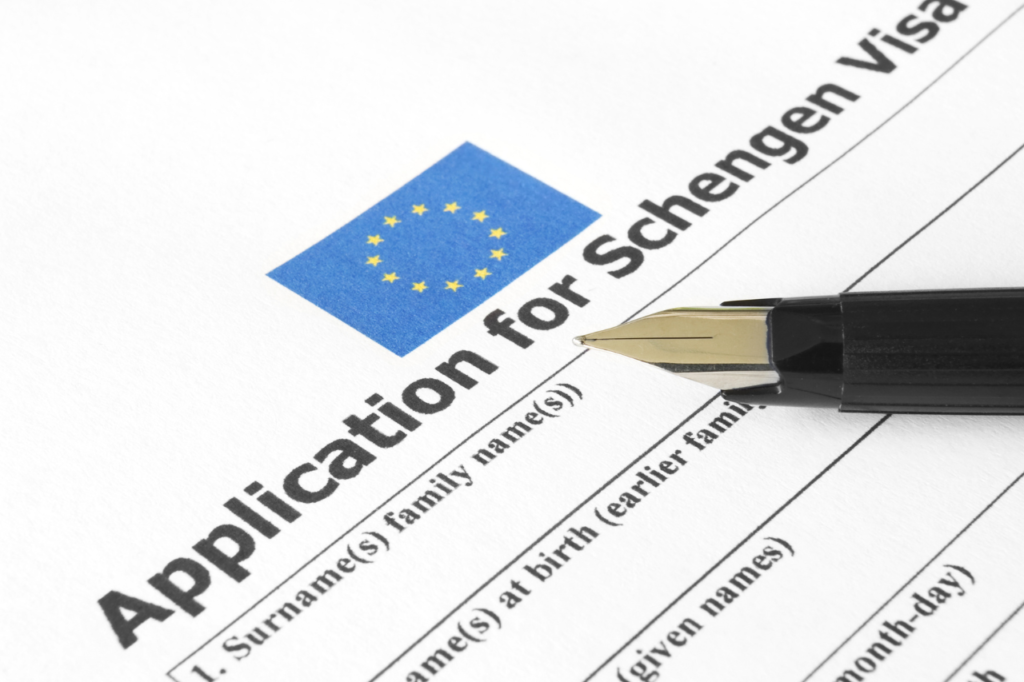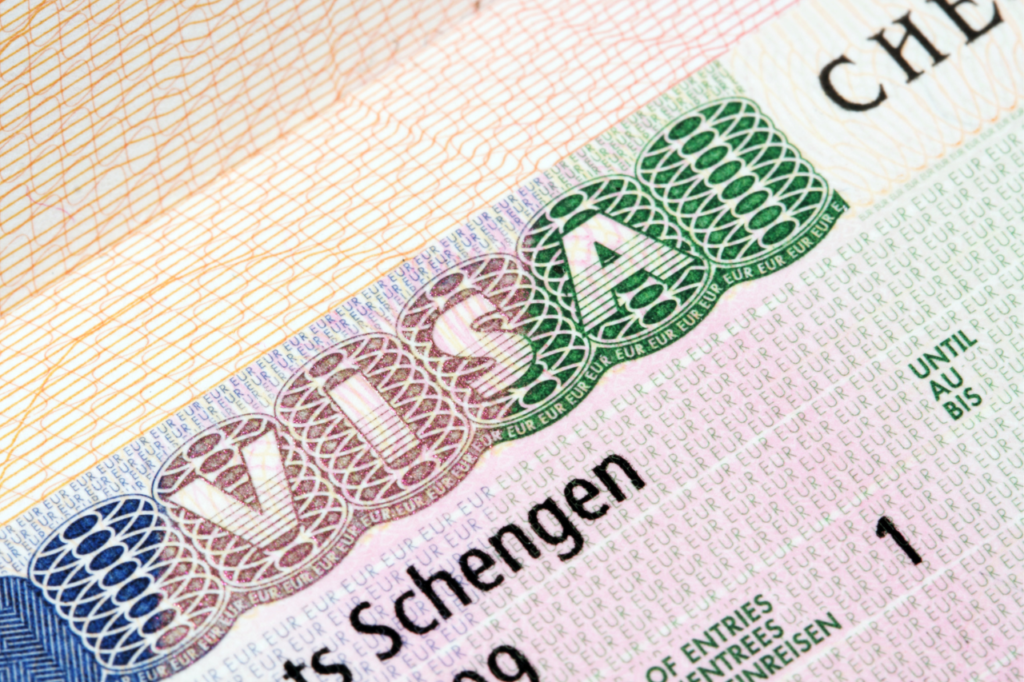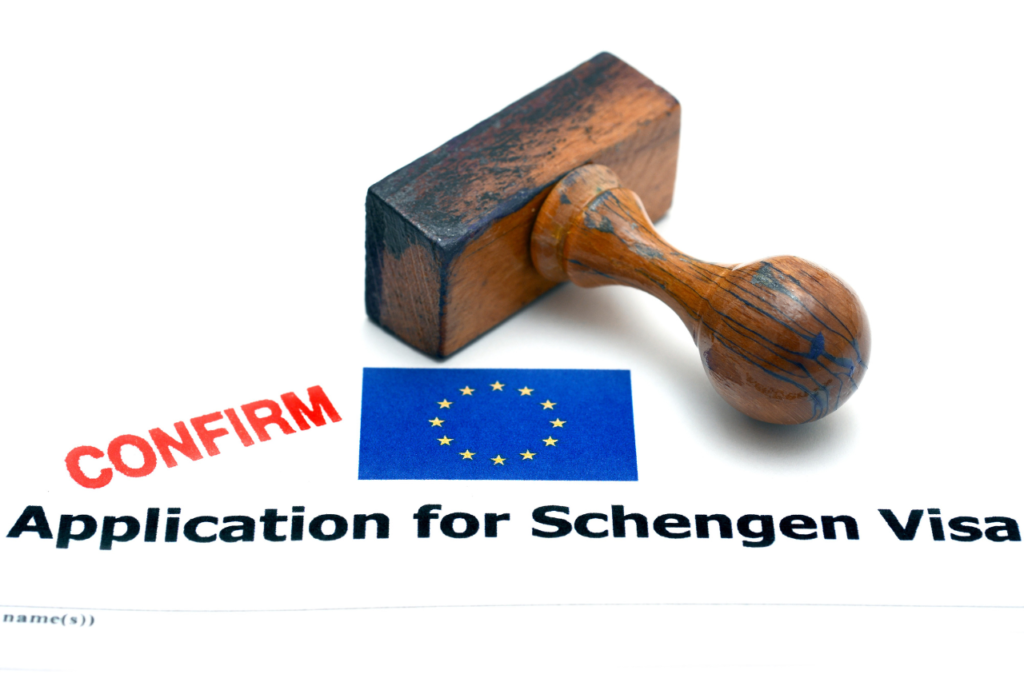If you are considering traveling to Europe to receive medical treatment you will need to have detailed information about the Schengen Medical Visa and in this guide, you will understand the intricacies of the Schengen Visa for Medical Reasons like the requirements, application process, and important details to ensure an easy and successful journey for your medical treatment in Europe.
Understanding the Schengen Medical Visa
It is for people who need medical care within the Schengen member states and the visa allows you to enter any of the countries in the zone and access healthcare for up to 90 days but if your treatment goes beyond this period, you should apply for a National Visa for Medical Treatment in the country where you plan to go for it.
Who Needs It?
Patients from third countries who do not have visa-free agreements are required to get this visa before traveling to the Schengen Zone for medical treatment.
Required Documents
- Visa Application Form: Remember to sign the form once you have filled in all the necessary information.
- Provide two identical passport-sized photos taken within the last three months and it has to meet the criteria.
- make sure your passport has been issued within the past ten years and has a validity period of at least three months after your trip Include a copy of your passport’s data page.
- Roundtrip Flight Reservation
- Travel Medical Insurance with a minimum coverage of €30,000 for the entire duration of your stay.
- Proof of Accommodation like:
- Confirmation of accommodation in the medical clinic or hospital.
- Hotel booking.
- Letter of invitation.
- Rent contract.
- Proof of Civil Status such as marriage certificates, birth certificates of children, or death certificates of a spouse, if applicable.
- Proof of Fee Payment which is typically €60 for adults it depends on children and specific categories so check the list of Schengen visa fees for detailed information.
- Proof of Financial Means, such as:
- Bank statements.
- Letter of sponsorship along with the sponsor’s bank statements.
- Proof of advance payments for treatment and related expenses.
- A verbal note from your home country’s Ministry of Health, confirming the government’s readiness to cover your medical treatment costs.
- Employment-related documents, if applicable are:
- Contract of employment
- An approved leave letter from your company.
- Pay slips for the last six months.
- Income tax return.
- Self-Employment-Related Documents like:
- A copy of your business license.
- Bank statements for your company for the past six months.
- Income tax return (ITR).
- Student-related documents such as:
- Proof of university enrollment.
- A No Objection Letter from your university.
- Retirement-Related Documents:
- Pension statements for the last six months.
Documents Confirming the Need for Health Treatment
- A letter from a doctor, clinic, or hospital in your home country, stating the need for medical treatment in the specific Schengen country.
- Official confirmation of your treatment or appointment by the receiving medical institution in the EU.
- Proof of advance payment for treatment or financial arrangements with a medical doctor in the Schengen Area.
- Correspondence between the sending and receiving medical doctors.
- A guarantee letter from you, assuring your ability to cover any unexpected medical expenses during your treatment.
Requirements for Minors
- Provide the minor’s birth certificate, accompanied by a copy.
- Include a letter of consent from the other parent if applicable.
- If both parents are not accompanying the child, you will need a formal document from both parents, stating they have no objection to the child traveling with a third person.
- In case one or both parents have passed away, include the relevant death certificates.
Where to Submit a Schengen Medical Visa Application
- It depends on your specific circumstances:
- If you plan to receive medical treatment in a single Schengen country without visiting others, apply at the embassy, consulate, or Visa Application Centre (VAC) of that specific country.
- If your medical treatment involves multiple Schengen countries, check the rules on how to submit your visa application to the appropriate embassy, consulate, or VAC.
How to Apply for a Schengen Medical Visa
- Check if You Need a Visa
- Identify the embassy, consulate, or VAC where you need to submit your application.
- Complete the Application Form
- Gather Required Documents
- Schedule an appointment
- Prepare for an interview, if required, and attend with all the necessary documents.
- Pay the Visa Fee
- Wait for the embassy to process your application and provide a decision.
When to Apply for a Schengen Medical Visa
According to the rules, you can apply as early as three months before your intended trip but the latest you can apply is two weeks before your scheduled departure in some special cases where your health condition suddenly worsens, some embassies or consulates may accept applications even closer to your travel date.
Validity of the Schengen Medical Visa Guide
It is valid for up to 90 days within six months and If your medical treatment plan requires a longer stay in the Schengen Zone, you can consider applying for a long-stay National Visa for Medical Treatment in the respective country.
Extending a Schengen Medical Visa Guide
This is possible only under specific circumstances:
You are physically unable to leave the Schengen Area due to a life-threatening condition.
Need to continue medical treatment in the country you are currently in.
However, if your condition allows you to return to your home country, and postponing treatment does not endanger your life, your extension request may be denied. In such cases, you will be advised to leave the Schengen Area and apply for a long-stay visa for medical treatment from your country of residence.
Accompanying a Patient Applying for a Schengen Medical Visa
If you are the companion of a patient applying for a Schengen Medical Visa, you will also need to apply for the same visa and you must provide additional proof of your relationship with the patient and documents that demonstrate the need for you to accompany them.
In conclusion, the Schengen Medical Visa offers a pathway to accessing world-class healthcare in the Schengen Zone. By diligently following the application process and ensuring you meet all requirements, you can be well on your journey toward improved health with confidence.





